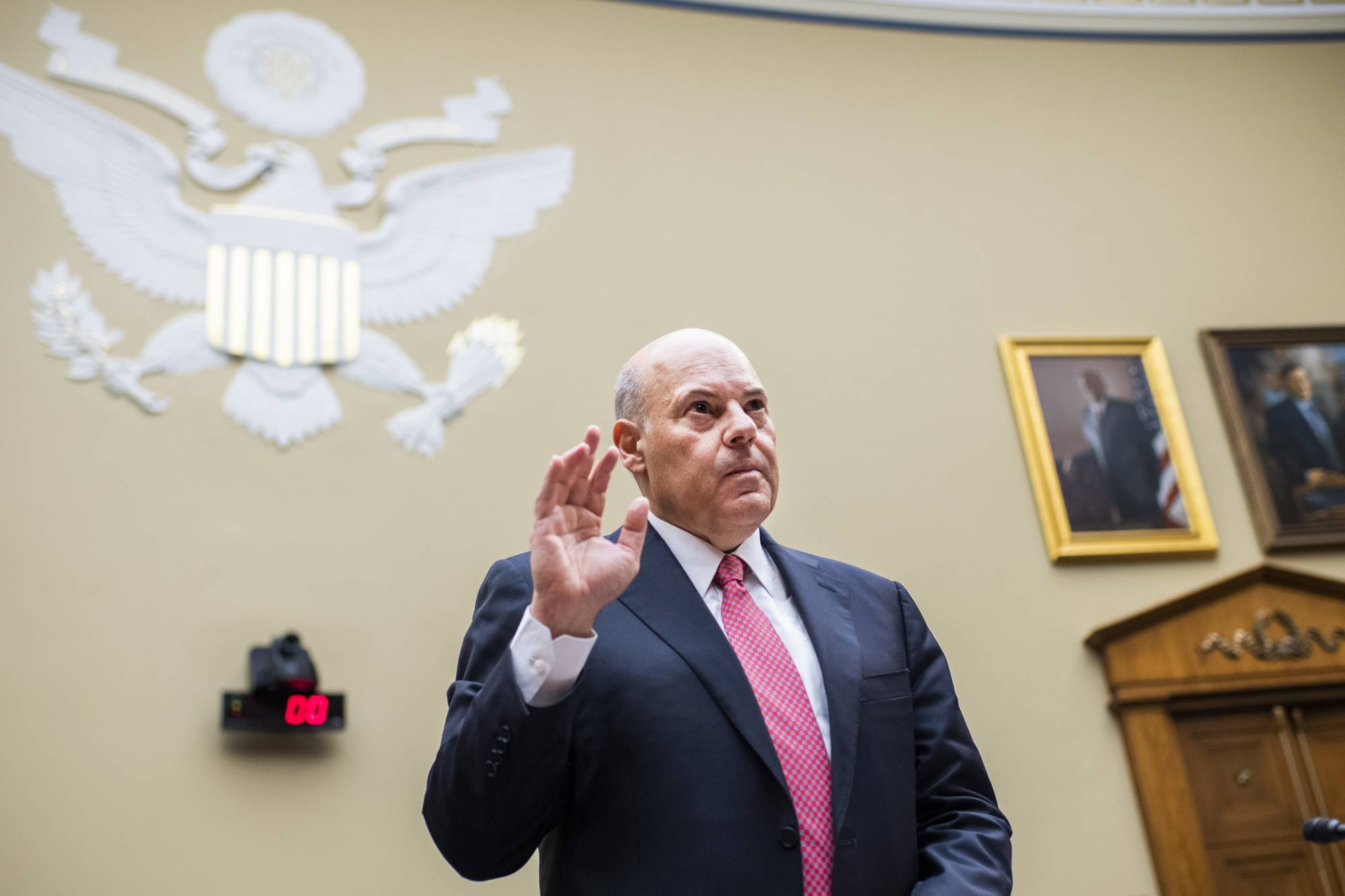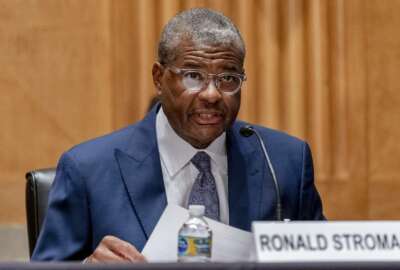USPS rejects calls for regulator to weigh in on now-paused network modernization plans
USPS is rejecting calls for its regulator to scrutinize network modernization plans — although it concedes such a review may be legally required later on.
The Postal Service is rejecting calls for its regulator to further scrutinize network modernization plans — although it concedes such a review may be legally required further along in its implementation.
The Postal Regulatory Commission, citing recent mail delays in regions where USPS began its sweeping network changes, asked USPS on April 26 to start the process of obtaining an advisory opinion on its network modernization plans, or explain why such a review is unnecessary.
Network modernization plans remain a central part of Postmaster General Louis DeJoy’s plan to cut $5 billion of costs and inefficient processes over the next two years, keep the agency from running out of cash and meet its long-term financial goals. It’s also a key part of his larger 10-year Delivering for America (DFA) reform plan.
The commission backed away from scrutinizing the 10-year plan in its entirety. But federal law requires USPS to seek out an advisory opinion from its regulator whenever it makes a “change in the nature of postal services which will generally affect service on a nationwide or substantially nationwide basis.”
USPS is seeing issues with on-time delivery in regions where USPS is opening massive new facilities meant to streamline local operations.
But it told the regulator in its response last Thursday that those regional mail delays are improving, and that it would be “premature to conclude” it should seek an advisory opinion for its plans at this time.
“It is far from evident that, once execution failures have been addressed and mitigation efforts refined, the regional impacts that have occurred due to the DFA initiatives will become permanent features of the redesigned network, and in fact the Postal Service fully expects such impacts to be reversed and eliminated,” USPS attorneys told the commission.
DeJoy recently told lawmakers USPS will pause some of its network modernization plans until at least January 2025, after more than a quarter of the Senate recently demanded the agency slow implementation to address persistent regional mail delays.
USPS told its regulator that its plans to consolidate its mail processing operations into large, regional hubs called Regional Processing and Distribution Centers (RPDCs) and optimize local transportation operations may potentially require it to seek an advisory opinion “at some point in the future (but clearly not now).”
“The requirement to seek an advisory opinion is not triggered simply because of such temporary service performance challenges,” USPS attorneys wrote, adding that the commission’s “speculation about potential future service impacts” does not require USPS to seek out an advisory opinion.
The Postal Regulatory Commission, in its April 26 “show cause order,” noted that on-time performance is declining nationwide and that less than 85% of all first-class mail is arriving on time.
“It is clear that there has been a quantifiable decline in service across several regions during and after the implementation of new facility types,” the commission wrote.
PRC Chairman Michael Kubayanda said on a podcast last Thursday, recorded prior to the Postal Service’s filing, that postal customers and overseers still have a “lot of concerns” about network modernization plans, even with its pause in place.
“It’s obviously a very ambitious plan with a lot of implications. And the key thing that we look at with an advisory opinion, and whether an advisory opinion is warranted, is whether there’ll be a nationwide or substantially nationwide impact on service. If so, that advisory opinion makes sense, and the point of the advisory opinion is to get out ahead of those changes,” Kubayanda said on the NAPS Chat podcast, hosted by the National Association of Postal Supervisors.
DeJoy recently apologized for the decline in service in areas such as Richmond, Atlanta and Houston, where USPS has opened Regional Processing and Distribution Centers. But DeJoy told members of the Senate Homeland Security and Governmental Affairs Committee he’s still “optimistic about the changes,” and expects service to stabilize in the impacted regions.
USPS told its regulator in its filing that service in those regions has improved, and that operations have “stabilized.”
USPS says “execution failures” occurred in Richmond because of issues with staffing, scheduling and transportation scheduling. Meanwhile, the bankruptcy of an Atlanta-area Surface Transfer Center contractor “caused service disruptions which the Postal Service has worked consistently to reduce.”
“The Postal Service has declared these regional service declines unacceptable and has taken steps to address them, and indeed service performance results have improved in those regions as operations have stabilized,” USPS attorneys wrote.
Meanwhile, USPS says its large regional hubs running in Portland, Oregon, and Boise, Idaho, are running smoothly, and that “results for those regions do not show the same level of service declines that have occurred in Atlanta, Richmond, and Houston.”
USPS says Regional Processing and Distribution Centers are also underway in Charlotte, Chicago, Jacksonville, and Indianapolis.
USPS as part of its pause on network modernization plans, is putting a hold on Mail Processing Facility Reviews.
Nearly 60 USPS facilities— out of 427 — have initiated Mail Processing Facility Reviews to determine whether the agency should move some of its mail processing operations to larger regional hubs. But the agency, so far, has only begun to move mail operations at four of these facilities.
USPS told its regulator that these plans are in their “relative infancy, [and] that the geographic scope of the implementations is extremely limited.”
“Any suggestion that this aspect of the redesign requires a request for an advisory opinion is significantly premature,” USPS attorneys wrote.
USPS attorneys tell the regulator that the agency has been fully responsive to its inquiries.
The PRC, under a docket it opened in April 2023 to review some elements of the Postal Service’s 10-year plan, submitted 10 requests for information encompassing more than 70 questions.
USPS responses to those questions cover more than 160 pages.
“The Postal Service duly responded to all of the information requests, including both of the show cause questions,” the agency’s attorneys wrote. “At no point before issuing the Show Cause Order did the Commission express dissatisfaction with the Postal Service responses, nor did it seek additional details in follow-up requests.
Copyright © 2025 Federal News Network. All rights reserved. This website is not intended for users located within the European Economic Area.
Jory Heckman is a reporter at Federal News Network covering U.S. Postal Service, IRS, big data and technology issues.
Follow @jheckmanWFED






